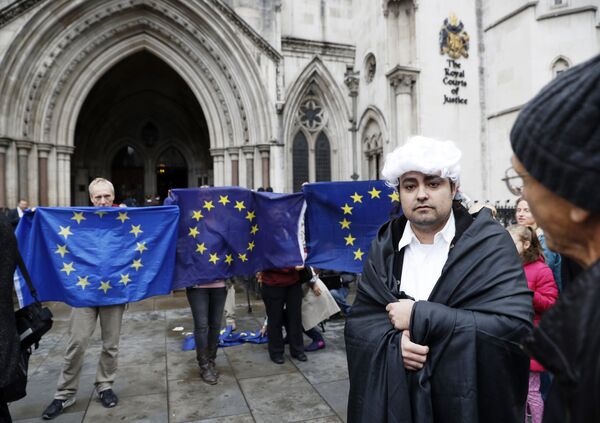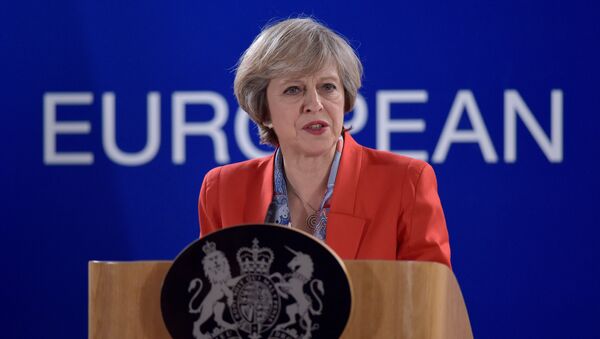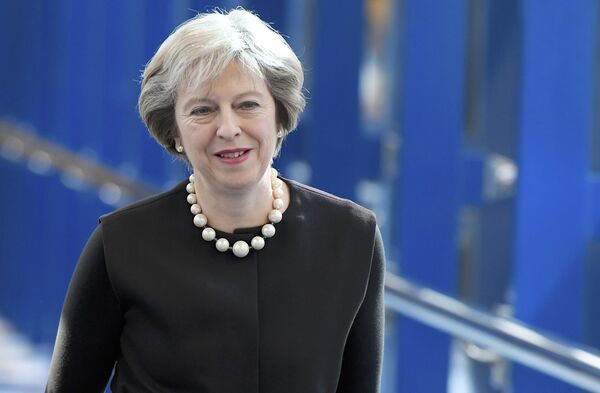Eleanor Sharpston QC was speaking ahead of a decision by the UK Supreme Court over whether UK Prime Minister should have the legal right to invoke Article 50 of the Treaty of Lisbon, triggering the formal start of Brexit negotiations, or the UK Parliament itself.
Although the Supreme Court in London is the highest court in the UK for civil cases, the final say on EU legislation would rest with the European Court of Justice (ECJ), based in Luxembourg.
She said that — in being a signatory to the Treaty of Lisbon, signed on behalf of Britain by former UK Prime Minister Gordon Brown — any dispute as to the meaning of Article 50 would be a decision for the ECJ alone.
"If you join the club and you wish to leave the club, you leave in accordance with the rules when you join the club… the rules of this club are the ones contained in Article 50, and the interpretation of those rules is a matter for [the ECJ]," she told Sky News.
The British voted to leave the EU at a referendum on June 23 and Theresa May has said that she will formally begin the process of leaving the EU — by invoking Article 50 of the Treaty of Lisbon — by the end of March.
However, a legal challenge was brought by a businesswoman and others, saying that May did not have the right to push the Brexit button alone — using the 'Royal Prerogative' — without the British Parliament being given a vote on the matter first.

The High Court in London ruled, November 2016, that the British Parliament does have the right to vote on whether or not to trigger the mechanism for Britain to leave the EU — against the opinion of the government, which said that Theresa May alone had the powers to do so without resorting to a parliamentary vote.
London to Luxembourg?
The UK Government appealed against the High Court decision and the case is set to be heard by the Supreme Court, beginning December 5, with representations allowed from both the Scottish and Wales Governments (Scotland voted to remain in the EU, while Wales did not).
Whatever the judgment of the Supreme Court, according to Eleanor Sharpston QC, any appeal or referral on the matter of Article 50 will ultimately be a matter on which only the ECJ can pass judgment, meaning that — whatever the pro-Brexit or anti-Brexit groups think — ultimately the decision will be out of the hands of the British judiciary.






